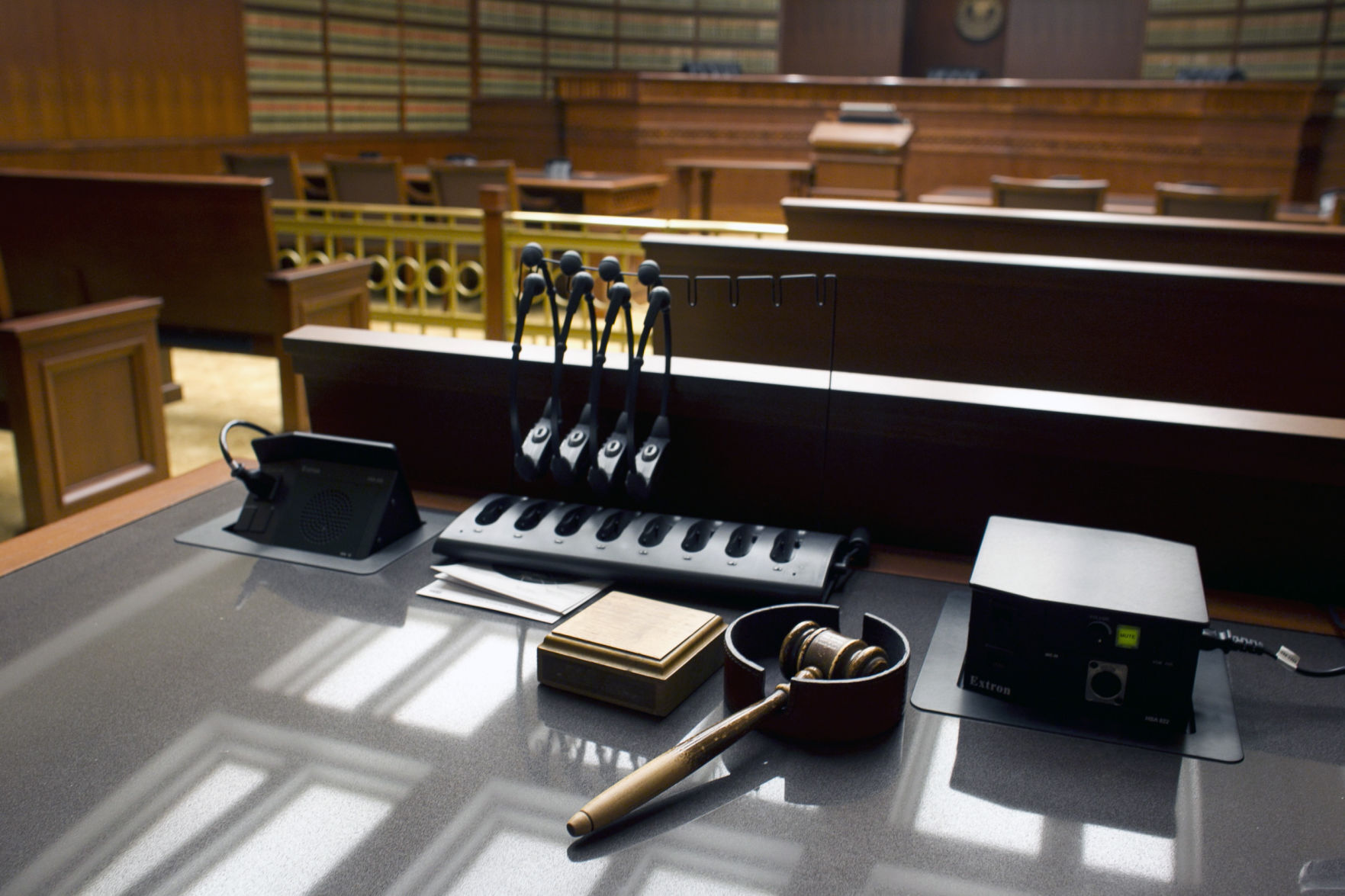Douglas County drunk driving conviction reversed due to biased juror

The state’s second-highest court has reversed a defendant’s drunk driving-related convictions after determining a Douglas County judge allowed a biased juror to serve on his trial.
Jurors found Daniel Paul Haag guilty of driving while ability impaired and careless driving after another driver hit his vehicle. The two sides disputed who had the right of way, but responding Douglas County sheriff’s deputies suspected Haag was intoxicated. Haag refused to take a blood or breath test, and law enforcement arrested him on suspicion of driving under the influence.
During jury selection, Haag’s attorney asked whether any potential jurors felt that police officers were more believable than a “common person on the street.” One person, identified as Juror B, said they would not view an officer and a non-officer on “50-50” equal footing, but rather “55-45” in favor of the officer.
The defense lawyer questioned if anyone else felt that way, and Juror C indicated in the affirmative.
“Just in general, there’s a respect that goes with the badge, and always has been,” Juror C said. When the defense attorney clarified whether that meant Juror C would view law enforcement witnesses as more credible, Juror C responded, “slightly.”
Haag’s attorney attempted to excuse Juror C for cause, as well as Juror B and another person who expressed pro-law enforcement bias.
“I didn’t hear him say he could tip the scales,” District Court Judge Patricia Herron responded of Juror C.
“OK. If we can maybe talk to him a little more,” suggested the defense attorney. However, further questioning never happened and Juror C sat on Haag’s jury.
Haag appealed, citing court precedent that a biased juror amounts to structural error in a trial, one which requires automatic reversal of convictions. The government agreed in principle, but disputed that Juror C was biased.
During a follow-up from Herron, wrote Senior Assistant Attorney General Carmen Moraleda, “Juror C was able and willing to render a fair and impartial verdict, as demonstrated by his clear response, ‘Yes, I can be fair,’ which it appears Juror C gave without hesitation.”
However, Juror C’s comment was not aimed at his pro-police statements. In reality, Herron followed up with several jurors who had hesitated about the distinction between driving under the influence and driving after drinking. Herron mistakenly turned to Juror C, who quickly reminded her that he was not a juror who expressed those concerns.
“I can be fair,” Juror C volunteered.
By a 2-1 decision, a panel of the Court of Appeals agreed that Juror C’s statement about his ability to be fair was unrelated to his earlier statement of bias in favor of law enforcement. Judge Neeti Vasant Pawar, writing for herself and Judge Jaclyn Casey Brown, explained that Herron had rejected the defense’s challenge to Juror C by saying she did not hear him say a police officer’s testimony would “tip the scales.”
In fact, wrote Pawar, that is what Juror C had communicated.
“And because Juror C served on the jury, Haag was denied his constitutional right to a fair trial,” she added in the June 2 opinion.
Judge David J. Richman dissented, believing that Herron had not explicitly denied the defense’s request to excuse Juror C, and, therefore, Haag had actually abandoned his challenge.
“Whether defendant’s counsel forgot about the reason for initially challenging Juror C, or simply changed his mind, he did not again ask the judge to excuse the juror,” Richman wrote.
The case is People v. Haag.
Editor’s note: Due to a recordkeeping error, the original version of this article identified the incorrect trial judge.













